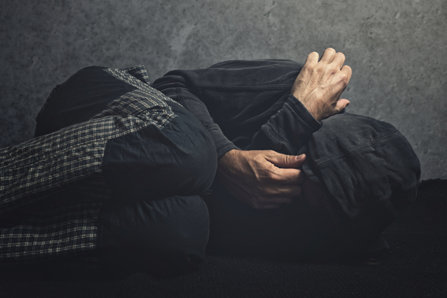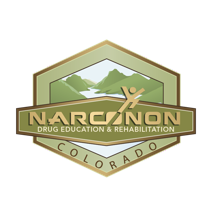It’s Easy to Get Clean, But the Hardest Part Is Staying Clean

Education is a vital part of any drug and alcohol rehabilitation program. With all of the different ways to get clean, what sets one apart from the others? Beyond philosophical differences, the main thing that seems to be missing in some programs is a strong educational step that teaches substance abusers about how and why they became addicted and thus teaches them how to free themselves from drug abuse.
To put it simply, people become addicted to drugs and alcohol because, at some point, it served as a solution to some problem for them. After a while, using drugs or getting drunk is the only method they have of dealing with any of life’s problems. They ceased to find any other way to cope, they learned no life skills, and furthered their mental, emotional, and physical dependencies.
Drug users sometimes learn that drugs “solve” common problems of low self-confidence, low self-esteem, anxiety, and depression. Instead of trying to figure why they have low self-esteem or are depressed and anxiety-ridden, they often continue to endlessly consume substances, never fixing their problems nor figuring anything out. A proverbial band aid is put on their problems.
Common Lies Addicts Tell Themselves
“I can stop whenever I want…I just don’t want to yet.”
“The withdrawals aren’t that bad.”
“I’ll go to treatment if I mess up one more time”
“I can still control my drug use.”
“I promise mom, I’m sober!”
A Practical Solution to Addiction
Sounds crazy, doesn’t it? Addicts believe the lies they tell others to the point where they start to believe it themselves. The reason going to drug treatment is abhorrent to addicts is because it threatens to take away the very thing that “helps” them deal with life, but at the end of the day, the very thing they believe to be so helpful is the one thing that will wind up killing them.
No one is born an addict. Once a person becomes addicted, all of the typical “addict behaviors” are learned, just like anything else. They figure out what works for them and what doesn’t as far as being able to get the most amount of drugs and money and the least amount of problems and legal issues as possible. They figure out how to survive by figuring out how to maintain a steady supply of things that will almost ensure their demise.

The important thing to understand is that substance abusers have no means or methods for dealing with life. They don’t have life skills, coping skills, or many healthy ways for dealing with stress, anxiety, and normal life problems. That’s why as part of a comprehensive rehabilitation strategy, an addict needs to be taught how to live life again. They need to be taught the life lessons they should have learned years ago, but were unable to because of their substance abuse issues. They need to learn how to handle certain situations, and how to better any condition in life and develop a workable ethical and moral code to keep them on the straight and narrow. Without these lessons, it’s unlikely a person will stay sober following a treatment program. It’s easy to get clean, but the hardest part is staying clean.
Once they’ve learned how to live a better life, only then can they have it.
